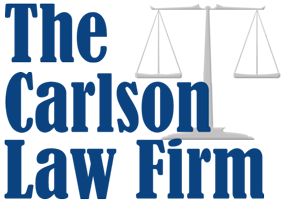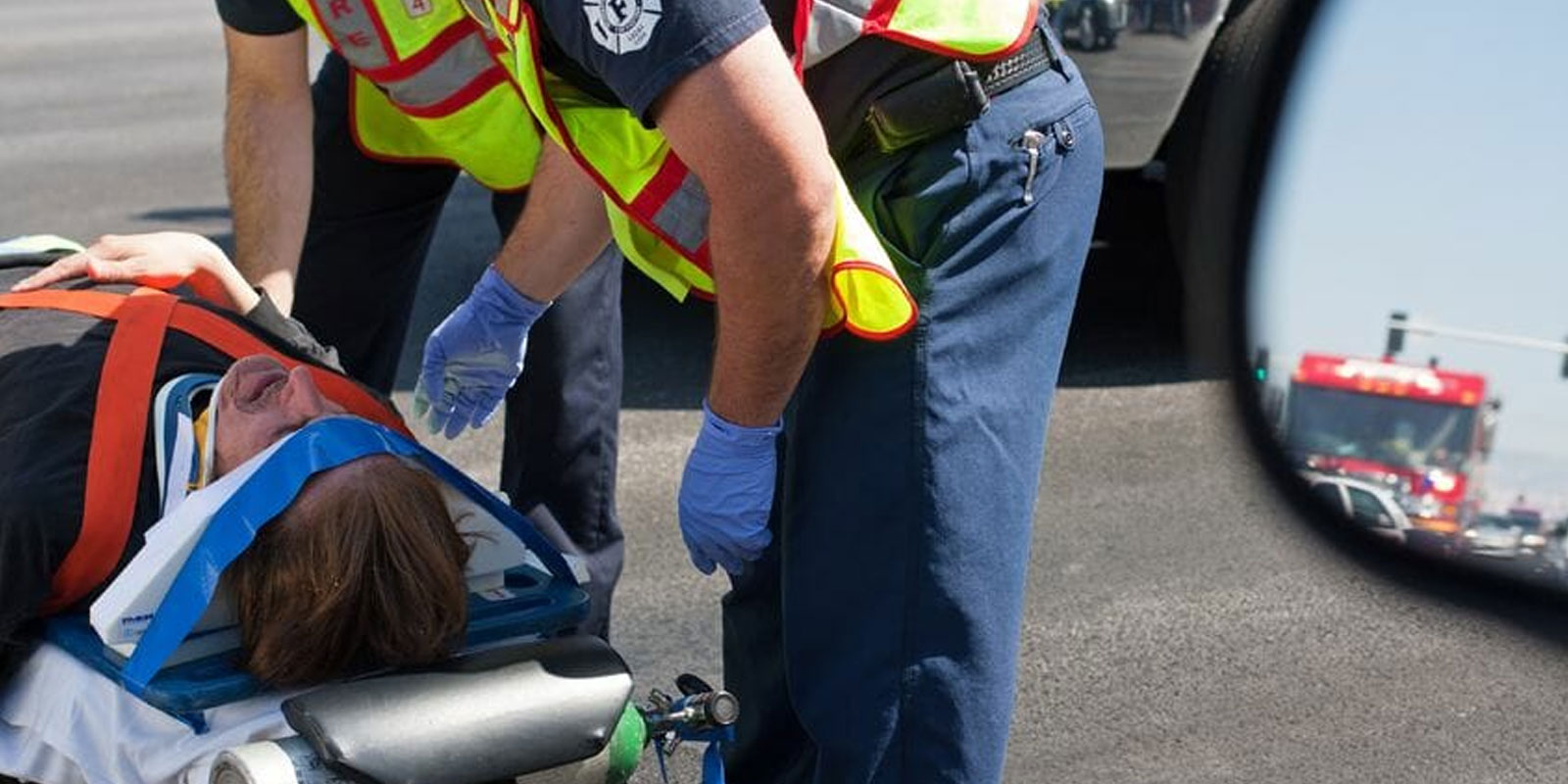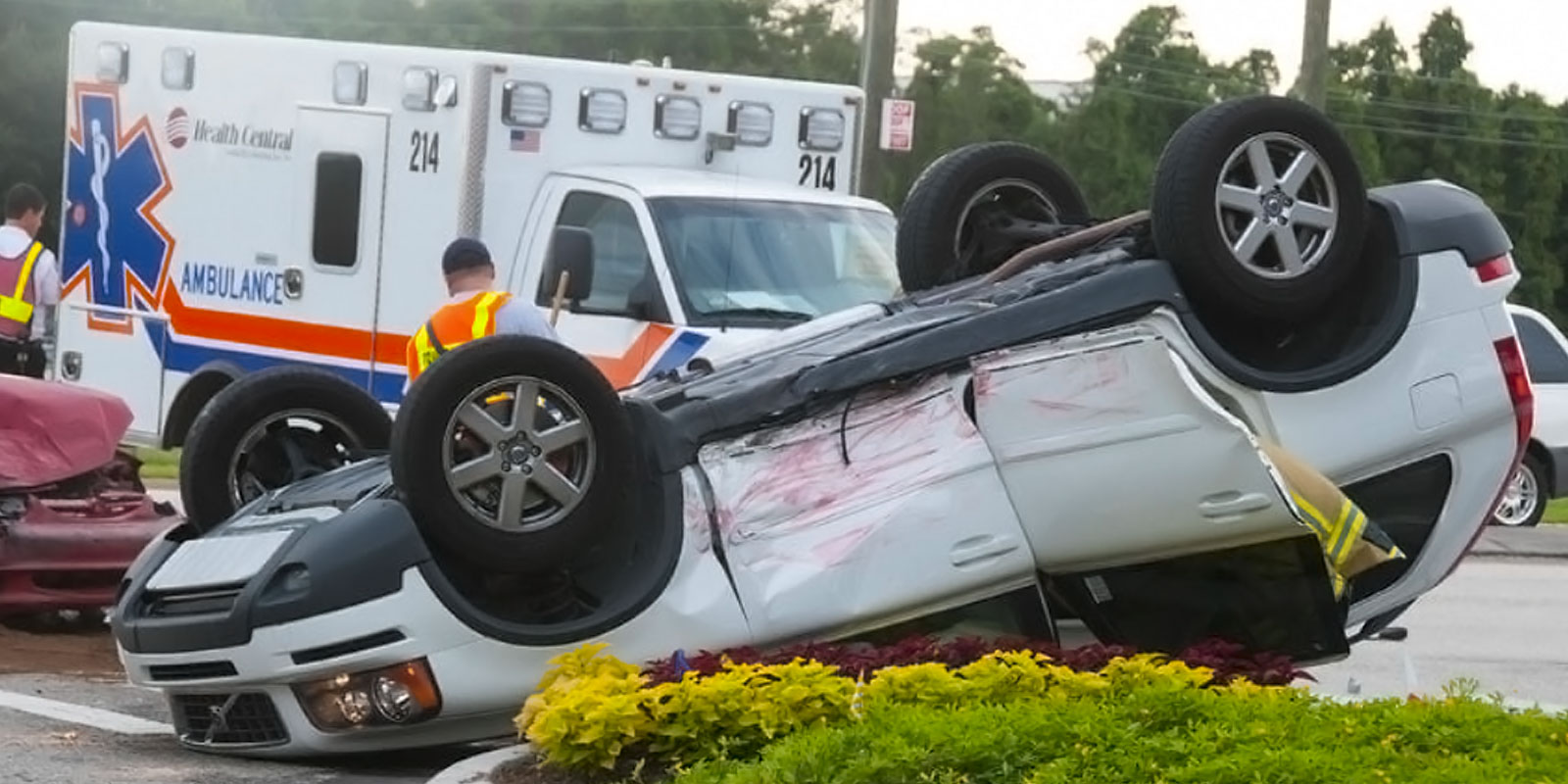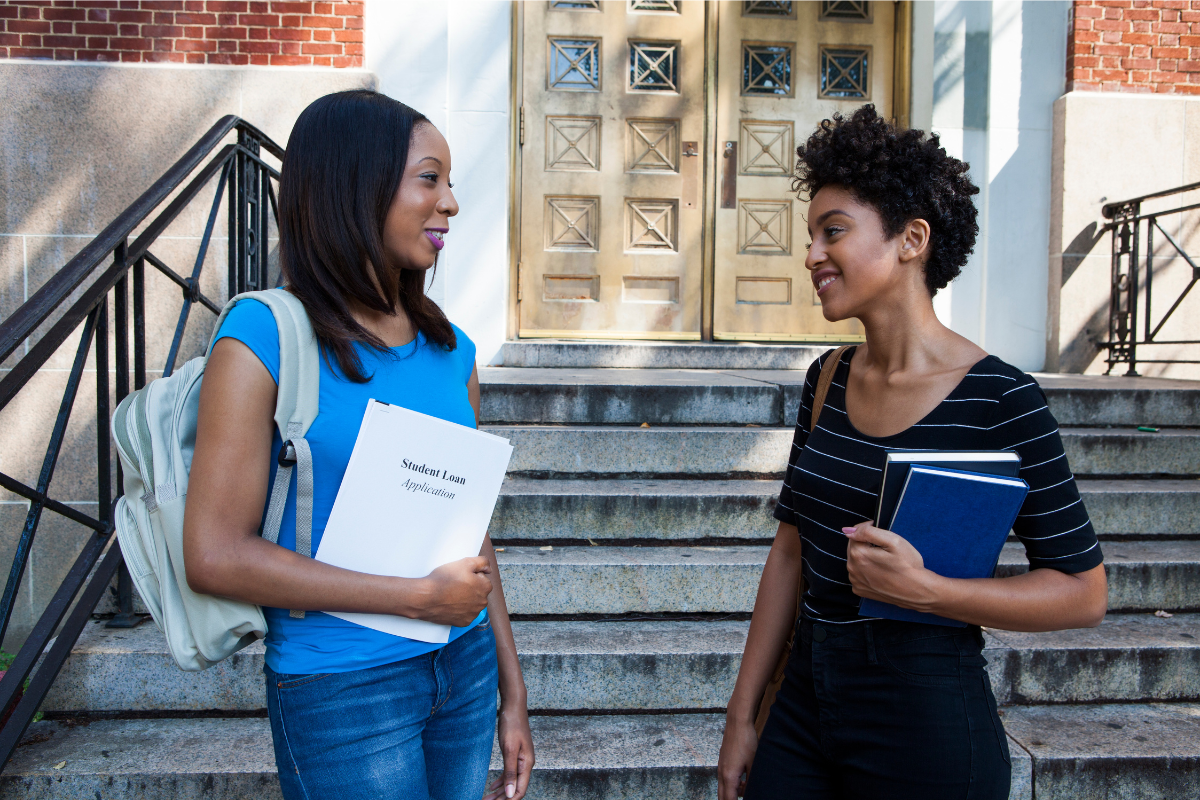They were honest and upfront about everything from the start. Great customer service and will recommend to anyone.

Contact us now for your FREE case evaluation.

Car Seat Failure and Booster Seat Failure
According to the Centers for Disease Control and Prevention, car crashes are the leading cause of death in children. In 2016, motor vehicle crashes accounted for 38.8 percent of unintentional injuries that resulted in death for children 12 and under.
While appropriate safety seats can keep your child safe in an accident, defective car seats can lead to injuries that could have been prevented. Your family should not have to bear the consequences of a preventable tragedy. Contact The Carlson Law Firm to answer your questions and concerns about defects in car seats and booster seats.
Call The Carlson Law Firm 24/7
We’re available any day at any time, in English and Spanish.
Defects in Manufactured Car Seats and Booster Seats
In 2017, more than 755,000 car seats were recalled and approximately 10 million were recalled in the last few years by major brands like Graco, Evenflo, Dorel Juvenile Group, Britax, 4moms, Diono and more. These major manufacturers have had defects in their products including, but not limited to:
- Faulty handles
- Sudden releases
- Weak construction
- Sticky buckle
- Flammable material
- Base/shell separation
- Defective harness
- Unintended rotation
Defects in manufactured car seats and booster seats can arise if they were manufactured with poor quality materials, sticky buckles that are hard to open in the case of an emergency, or went through inadequate crash testing prior to being sold in stores.
Problems with child car seats are often identified months or year before a formal recall is announced. During this time, your children are put at risk because of defective safety equipment that can cause minor to life-threatening injuries such as bruises, concussions, skull fractures, broken legs or death. Many parents spend months doing research on the safest car and booster seats. Companies have an obligation to provide the product they deliver. Not just because it’s good business, but also because certain requirements must be met before a car seat or booster seat can be sold.
Car Seat Safety
There is no doubt that properly-installed car seats save lives. However, safety-related defects can severely injure your child in the time it takes for the National Highway Traffic Safety Administration (NHTSA) to identify a problem and a manufacturer to issue a recall. Every U.S. state has laws that require infants and small children be properly restrained.
The best car seats are not always the most expensive. To pick the ideal car seat, you need to pick the one that fits your child’s height, weight, and size the best. It’s also important to take into consideration your vehicle. Parents need to learn how to properly install the car seat they’ve chosen to guarantee the maximum safety for your child. If you have concerns about whether or not your car seat is properly installed click here to find your nearest NHTSA inspection location.
There are different types of car seats that parents can choose from:
- Rear-Facing Seats: these seats are best for newborns and infants. The American Academy of Pediatrics recommends that children stay in a rear-facing car seat as long as possible.
- Forward-Facing Seats: these seats are for children who are at least two-year-old or have reached the maximum height or weight capacity of the car seat.
Risks of Second-hand Car Seats
It is important to know where your car seats are coming from, and if you’re purchasing a car seat second hand then you likely won’t know the car seat’s history. A second-hand car seat could’ve been involved in a crash that affected the integrity of the seat. Parents also need to be aware of the car seat’s expiration date and its recall status. Unless you can get all of the information about the car seat from a trusted friend or family member, then it’s always best to buy a new car seat.
Injuries From Defective Car Seats
Car seat failure and booster seat failure can cause a wide range of injuries to babies and small children. If you are involved in a car accident, it is imperative that you contact a personal injury attorney to hold the offending manufacturer accountable.
Booster Seat Law
Boosters seats are a transitional seat for small children to use when they have outgrown a car seat, but are too small to use the built-in restraint system that comes standard in vehicles.
There are five types of booster seats for parents to choose from:
- Backless Booster Seats: these seats raise the height of your child to make it easier to get built-in safety belts in the correct position. These seats can create challenges for parents as they are designed to accommodate across a wide age gap, 4-12 years old, making a universally good fit near impossible.
- High-back Booster Seats: these seats tend to offer shoulder belt positioning guides that can be adjusted to your child’s height.
- Five Point Harness Booster Seats: these seats prolong the use of the five-point harnesses found in car seats. Often considered the safest type of booster seat.
- Combination Seat: these seats transition from a forward-facing seat with a harness into a booster.
- All-in-one Seat: usually purchased when your child is an infant, these seats grow with your child and can change from a rear-facing car seat to a forward-facing seat (with a harness and tether) to a booster seat.
There are several challenges parents face when they move their child over to booster seats. In addition to standard recalls, parents face an uphill battle in unseen problems that booster seat manufacturers spin in their favor. Manufacturers market booster seats as equally safe as harness seats to the parents of children who may be too young to safely use one. Far too often, children are moved into booster seats before it’s time to make the move into a “big kid” seat. In addition to this, these seats come with other hidden challenges because they’re inadequately tested for safety.
Before booster seats can be sold, they must be tested to meet the Federal Motor Vehicle Safety Standard 213 (FMVSS 213), the standard for all child restraint devices, but these tests don’t prevent child injury because the FMVSS 213 only supplies the minimum safety requirements a manufacturer must meet. The FMVSS 213 was created to govern harness seats, not booster seats. This presents an issue because harness seats and booster seats restrain children in very different ways. Unfortunately, there are no specific standards that test the design of booster seats and no company has created its own standard testing system.
Another issue with booster seat marketing is that many companies advertise their products as being side-impact tested. However, these tests are often conducted by private companies and the results of these tests remain confidential.
This lack of oversight leads to parents overestimating the quality and safety of the seat they choose to put their children in.
Call The Carlson Law Firm 24/7
We’re available any day at any time, in English and Spanish.
Complaints to National Highway Traffic Safety Administration
The National Highway Traffic Safety Administration (NHTSA) issues the safety standards for all vehicles and equipment on the roadways. When NHTSA safety guidelines are not met, manufacturers are required to recall defective equipment.
The NHTSA will launch an investigation when it has received complaints. There is no established number of complaints that must be filed before an investigation is opened. The investigative process consists of four parts:
- Screening: This is the initial review of consumer complaints and related information to the alleged defects. Determines whether or not the NHTSA will move forward with the investigation.
- Analysis: This is the second step in the NHTSA’s investigative process. During the analysis, the agency’s Office of Defects Investigation surveys any petitions or reviews calling for investigations or safety-related recalls.
- Investigation: The agency examines alleged safety defects.
- Management: The agency looks at the effectiveness of safety recalls.
Child Seat Safety Recalls
Once a car seat or booster seat has been deemed defective, the manufacturer must correct the problem by replacing, repairing or offering the consumer a refund for the product.
Notification of a Car Seat or Booster Seat Recall
Manufacturers must notify owners of recalled products. If state registration records do not exist, distribution chains are then notified. It is always a good idea to register your car seat or booster seat with the manufacturer so that you can receive recall notices in the event one occurs.
Proactive Parenting: Child Passenger Safety
Parents have the power to hold negligent car or booster seat manufacturers accountable. If you are in a crash and your child is injured in a car or booster seat, here are some steps you can take ahead of contacting a product liability attorney:
- Preserve the vehicle. Vehicle’s with an event data recorder will tell a biomechanical expert the velocity, acceleration, and braking prior to impact.
- Preserve the car seat or booster seat. A child seat expert can identify the whether manufacturing defects or design defects played a role in causing injury.
- Take photographs of your child’s injuries, as soon as possible after a crash. If this is not an option, a first responder’s notes on your child should suffice.
By holding car seat and booster seat manufacturers accountable, you will be leading the charge on incentivizing the development of better, safer car seats and booster seats in the future.
Child Seat Failure Lawsuit: Holding the Offending Parties Accountable
If your child was injured because of a car seat failure or booster seat failure, you can take action. Call The Carlson Law Firm so one of our compassionate and knowledgeable attorneys can answer your questions and address your concerns. We can help you decide if the manufacturer and others in the chain of distribution are responsible for:
- Failure to test car or booster seats before placing them on the market.
- Failure to identify a defect that was created by the manufacturer.
- Failure to identify a defect found in the seat from faulty materials.
- Failure to warn buyers of the dangers of using the car or booster seat.
Call The Carlson Law Firm 24/7
We’re available any day at any time, in English and Spanish.
How The Product Liability Attorneys At Carlson Law Firm Can Help
No child should suffer from the negligence of adults who are responsible for creating equipment meant to ensure safety. The Carlson Law Firm can guide you through the legal process if your child or somebody you know was injured because of a car seat failure or booster seat failure.
With Carlson, You've Got Knowledge and Experience On Your Side
The legal system is complex. Effectively navigating the various U.S. courts requires legal counsel not only to fight for you but also to ease your stress, worry, and confusion. For people struggling with the pain of a personal injury, it can seem overwhelming.
Whether you are looking for assistance in personal injury, mass torts, medical malpractice, bankruptcy, criminal defense, or family law, you can be confident about placing your trust in our proven legal team.

See Our Testimonials
For over 40 years we have handled countless legal matters and assisted many victims in winning fair compensation for their injuries.
About The Carlson Law Firm
At The Carlson Law Firm, we’ve been protecting the rights of personal injury victims and their families since 1976.
We employ more than 40 lawyers in 12 locations across the state of Texas and are able to represent clients throughout the United States. Our highly-skilled trial attorneys are experienced advocates who share our firm’s commitment to client service. Our attorneys are accessible for clients around the clock and work tirelessly to discover new and innovative legal options to ensure our clients receive the maximum compensation available.
There's a Carlson Law Firm Near You
With over a dozen locations throughout Texas, there’s a Carlson Law Firm near you. We have law offices located in Killeen, Temple, Waco, Round Rock, Austin, San Antonio, Laredo, Bryan, Lubbock, Midland, and Corpus Christi.



